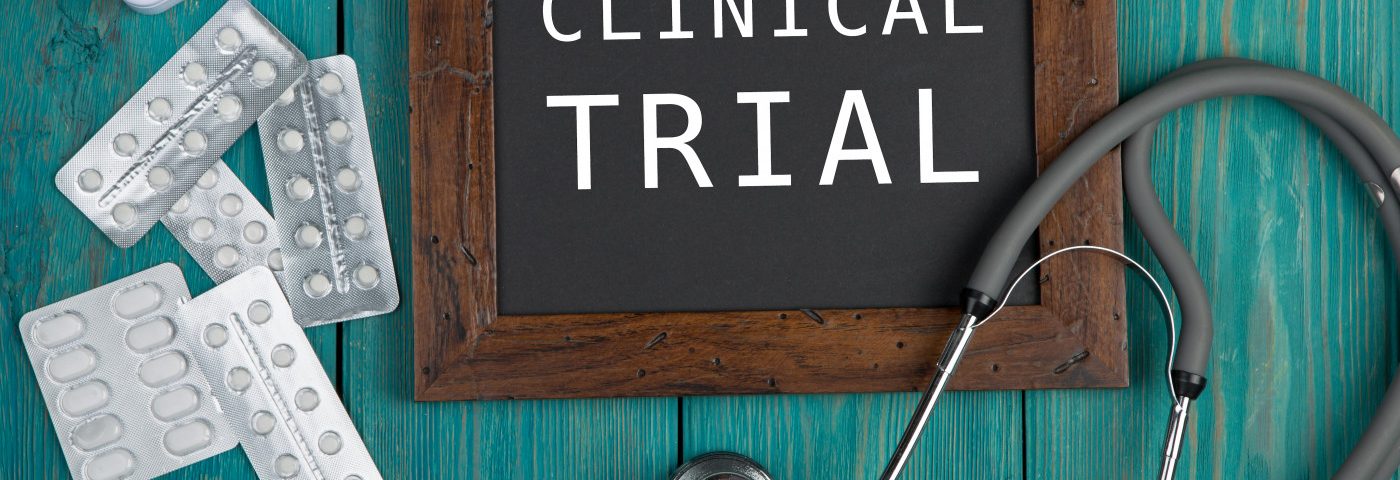The planned brilacidin Phase 2 trial will be conducted in two parts and test several therapy doses, against a placebo, to determine the safety and effectiveness of the investigational oral ulcerative colitis (UC) medicine, Innovation Pharmaceuticals announced.
The company’s goal is to start the trial this summer.
Brilacidin is a non-corticosteroid therapy that works on two fronts. It belongs to a class of compounds that mimic the activity of naturally occurring antimicrobial peptides, called defensins. These defensis can quickly destroy harmful microbes in the gut. Some studies have suggested that people with inflammatory bowel disease (IBD) lack defensins and this impairment contributes to the imbalance of the body’s natural barrier in the gastrointestinal tract.
In addition, brilacidin has immunomodulatory properties that reduce tissue inflammation and promote wound healing.
Innovation now has disclosed more information on its design plans for its upcoming Phase 2 study for UC, the treatment’s initial indication.
The trial will be divided in two parts, with the first segment testing multiple ascending doses — low, medium, and high — of brilacidin, and including a placebo arm, for a period of six weeks. It aims to assess the safety and tolerability of multiple doses of brilacidin, as well as to examine its exposure in patients.
In the second part, the researchers will determine the therapy’s efficacy in patients. During this portion of the trial, the participants will receive the multiple selected doses from the first part of the study, or a placebo. The primary efficacy points will include clinical remission, assessed with the Mayo scoring system, and endoscopic remission, which is the absence of inflammation during an endoscopy exam. Patient reported outcomes, or changes in symptoms as detailed by the participants’ own accounts, also will be examined as a primary efficacy point.
Moreover, the analysis also will assess a series of relevant biomarkers. These include the detection of bowel inflammation (fecal calprotectin), and the evaluation of mucosal inflammation via tissue analysis. An assessment of overall inflammation will be done with the help of a c-reactive protein (CRP) blood test.
This design incorporates aspects of the completed Phase 1 trial (NCT04240223), which showed that delayed-release oral tablets of brilacidin targeted and dispersed into the colon of healthy volunteers, with a good tolerability profile.
Like the planned Phase 2 trial, the earlier study included three dosing groups — 50 mg, 100 mg, or 200 mg — as well as a placebo. The results showed that increased dosing was safe in this controlled and targeted release version of the therapy.
Of note, this was the first study testing delayed-release tablets of brilacidin for delivery in the colon. The formulation was based on BDD Pharma’s OralogiK technology developed in collaboration with Innovation.
The therapy had already been tested as an enema, or via delivery through the rectum, for the treatment of ulcerative proctitis/ulcerative proctosigmoiditis, a type of ulcerative colitis, in a previous Phase 2 study. The results from that study showed that brilacidin led to clinical or partial disease remission in a sizable proportion of the study’s patients and improved quality of life for all participants.
Innovation is now contacting contract research organizations to select clinical trial sites. The company said it plans to initiate the Phase 2 study in the summer.

